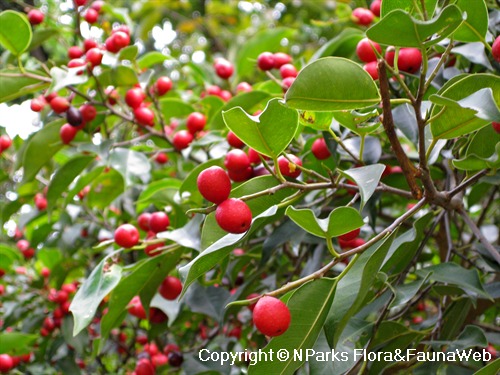
Back
Ficus benjamina L.
| Family Name: | Moraceae |
| Synonyms: | Ficus waringiana, Ficus schlechteri |
| Common Name: | Weeping Fig, Java Willow, Java Tree, Beringin, Benjamin Tree, Small-Leaved Fig, Small-Leaved Rubber Plant, Benjamin's Fig, Malayan Banyan, Java Fig, Tropical Laurel, Weeping Laurel, Waringin, Ara Waringin, Jejawi, 垂叶榕, 小叶榕 |
Name
Classifications and Characteristics
| Plant Division | Angiosperms (Flowering Seed Plants) (Dicotyledon) |
|---|---|
| Plant Growth Form | Shrub, Tree (Medium (16m-30m)) |
| Lifespan (in Singapore) | Perennial |
| Mode of Nutrition | Autotrophic |
| Plant Shape | Rounded |
| Maximum Height | 20 m |
| Maximum Plant Spread / Crown Width | 18 m to 21 m |
Biogeography
| Native Distribution | Indian subcontinent, Southern China, Taiwan, Philippines, Malaysia, Indonesia, Papua New Guinea, Australia (Northern Territory, Queensland), Southwestern Pacific (Solomon Islands) |
|---|---|
| Native Habitat | Terrestrial (Primary Rainforest, Secondary Rainforest, Monsoon Forest) |
| Preferred Climate Zone | Tropical, Sub-Tropical / Monsoonal |
Description and Ethnobotany
| Trunk | The trunk is somewhat pale and smooth and can grow to 3m in girth on mature, outdoor trees. |
|---|---|
| Foliage | Leaves are ovate, with an aristate apex, and with slightly undulate margins. The abaxial surface is glossy and lighter green, while the adaxial surface is duller. They are about 4.5 to 6cm long, and about 3.5cm wide. They droop from the branches, hence the common name Weeping Fig. As will other Ficus species, the foliage and branches exude a white, latex-like sap when wounded. |
| Fruit | The figs of this species are small (about 3cm in diameter), globular, red or reddish orange in colour and are typically borne in pairs on the leaf axils. |
| Others - Plant Morphology | A common indoor tree, as well as along some roads and in older gardens and private compounds. Indoors, it is a slender-trunked treelet with weeping branches.Outdoors, it can become a large strangling fig tree with weeping branches and foliage and multiple trunks when mature. Propagation:Propagation by marcotting or by stem cuttings. |
| Cultivation | Prefers full sun to partial shade, and moderate watering. For outdoor plants, little special care is needed. For indoor plants, care should be taken not to ovewater or leaf drop and possibly root rot will occur. Situate in as bright a position as possible but away from direct sunlight. Light levels, watering and humidity should be kept as constant as possible to avoid leaf drop. |
| Ethnobotanical Uses | Others: The figs are not considered edible but are non-toxic, and attractive to birds. They can be grown in reptile vivariums for landscaping and shelter as well as for food. |
Landscaping Features
| Desirable Plant Features | Ornamental Fruits |
|---|---|
| Landscape Uses | Container Planting, Suitable for Bonsai, Interiorscape/ Indoor Plant, General, Suitable for Roadsides, Shade Providing Tree / Palm, Hedge / Screening, Topiary |
| Thematic Landscaping | Naturalistic Garden |
Fauna, Pollination and Dispersal
| Fauna Pollination Dispersal Associated Fauna | Bird-Attracting |
|---|---|
| Pollination Method(s) | Biotic (Fauna) (Insects (Ant, Beetle, Fly, Thrip, Wasp)) |
| Seed or Spore Dispersal | Biotic (Fauna) |
Plant Care and Propagation
| Light Preference | Semi-Shade, Full Sun |
|---|---|
| Water Preference | Moderate Water |
| Plant Growth Rate | Fast, Moderate |
| Rootzone Tolerance | Fertile Loamy Soils, Well-Drained Soils |
| Maintenance Requirements | Moderate |
| Diseases | May be infected by scales, but is resistant to leaf thrips which deform new leaves on some other fig species. |
| Pest(s) | Associated with |
| Propagation Method | Seed, Stem Cutting, Air-Layering |
Foliar
| Foliage Retention | Drought / Semi-Deciduous |
|---|---|
| Mature Foliage Colour(s) | Green |
| Mature Foliage Texture(s) | Smooth, Glossy / Shiny, Leathery |
| Foliar Modification | Stipule |
| Foliar Type | Simple / Unifoliate |
| Foliar Arrangement Along Stem | Alternate |
| Foliar Shape(s) | Non-Palm Foliage (Ovate, Elliptical) |
| Foliar Venation | Pinnate / Net |
| Foliar Margin | Entire, Entire - Wavy / Undulate |
| Foliar Apex - Tip | Caudate |
| Foliar Base | Acute |
| Typical Foliar Area | Notophyll ( 20.25cm2 - 45 cm2 ) |
| Leaf Area Index (LAI) for Green Plot Ratio | 3.0 (Tree - Intermediate Canopy) |
Non - Foliar and Storage
| Trunk Type (Non Palm) | Woody |
|---|---|
| Bark Colour(s) | Grey to Greyish-white |
| Mature Bark Texture | Smooth |
| Stem Type & Modification | Woody |
| Root Type | Underground (Tap Root, Fibrous Root), Aboveground (Aerial Root) |
Floral (Angiosperm)
| Flower & Plant Sexuality | Unisexual Flowers , Monoecious |
| Flower Colour(s) | Cream / Off-White |
|---|
| Inflorescence Type | Syconium |
| Flowering Habit | Polycarpic |
Fruit, Seed and Spore
| Mature Fruit Colour(s) | Orange, Red |
|---|---|
| Fruit Classification | Simple Fruit |
| Fruit Type | Fleshy Fruit , Multiple Syconium (receptacle) |
Image Repository
Others
| Master ID | 1609 |
|---|---|
| Species ID | 2902 |
| Flora Disclaimer | The information in this website has been compiled from reliable sources, such as reference works on medicinal plants. It is not a substitute for medical advice or treatment and NParks does not purport to provide any medical advice. Readers should always consult his/her physician before using or consuming a plant for medicinal purposes. |

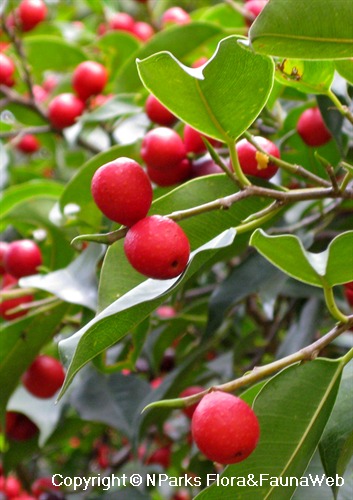
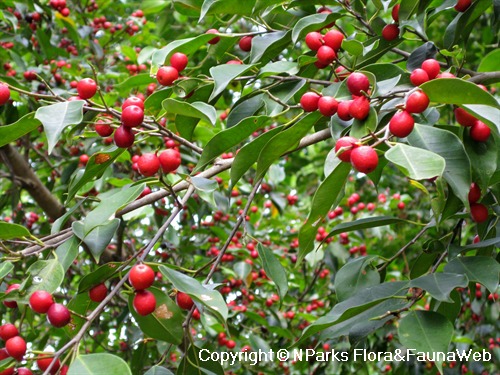
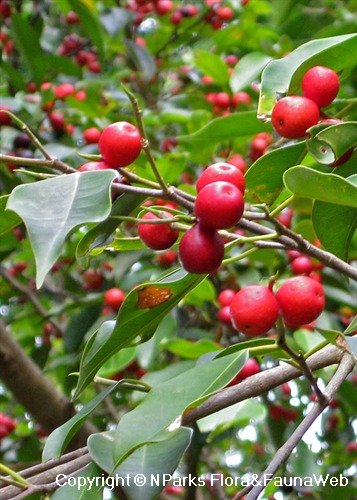
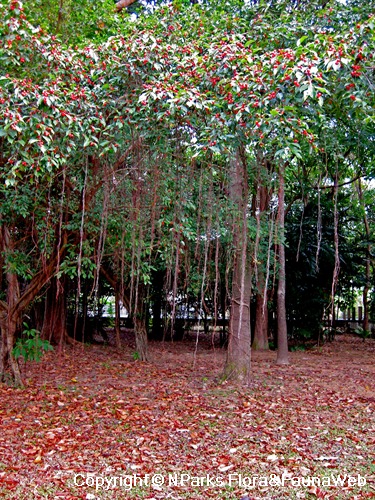
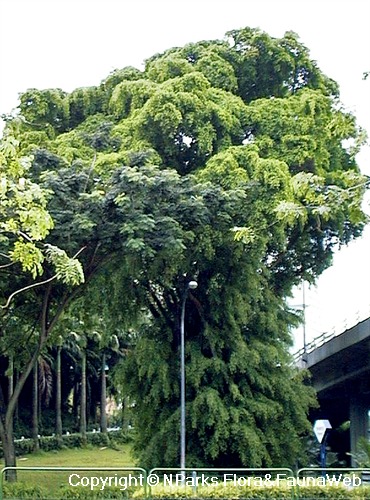
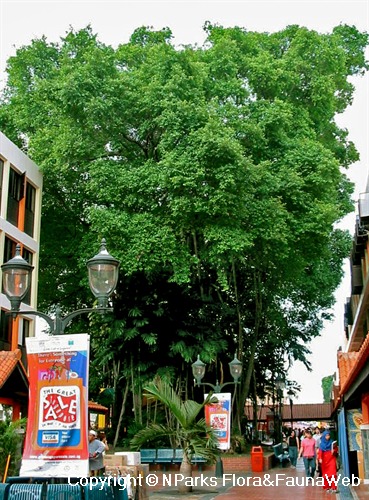
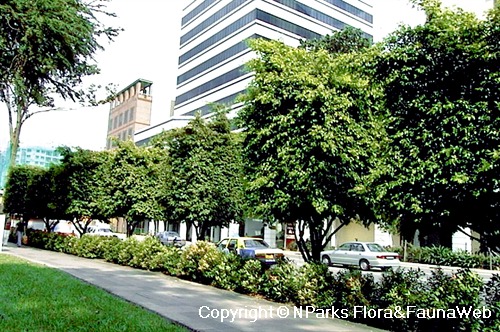
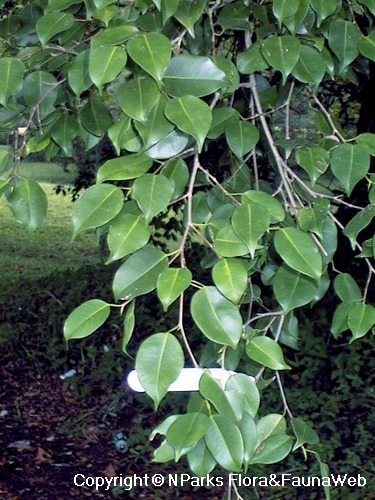
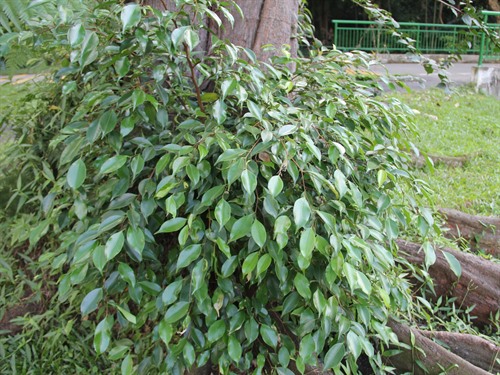
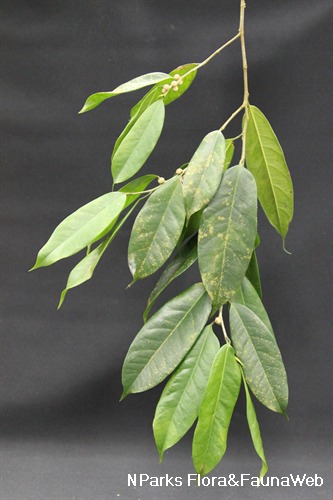
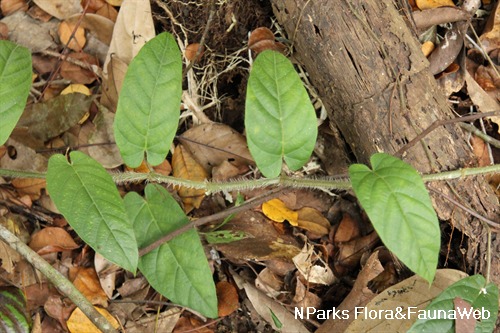
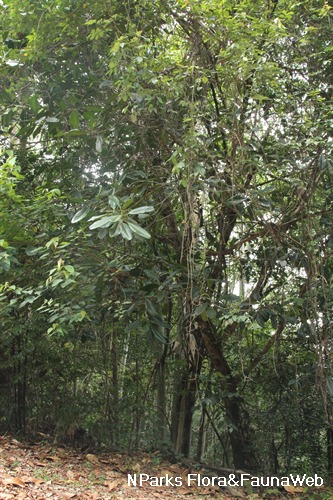
.jpg)